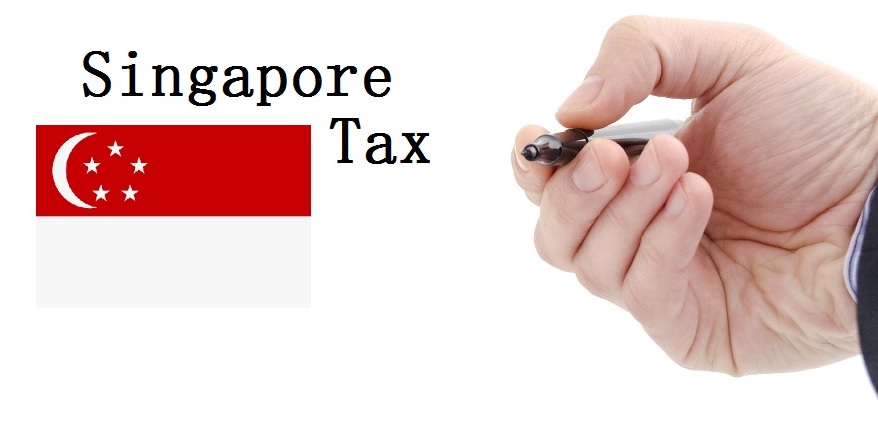- Current Location:
- Home>
- Taxation>
- Singapore Corporate Tax Guide
Singapore Corporate Tax Guide
 Singapore Income Tax Overview
Singapore Income Tax Overview
Like many other jurisdictions, Singapore has its own corporate tax system. In Singapore, the corporate tax system is the one-tier corporate tax system, which means there is no double-taxation for stakeholders and the tax paid by a Singapore company on its taxable income is the final tax.
The corporate income tax rate is fixed at a flat rate of 17% since 2010. The calculation is done based on the company’s taxable income, for example taxable revenues less allowable expenses and other allowances. There is no tax on capital gains in Singapore (examples of capitals gains are gains on sale of fixed assets, gains on foreign exchange on capital transactions, etc.)
Income tax filing due date
Income tax filing due date for Singapore companies starting year 2009 is November 30.
The company has to file a complete set of returns including Form C, audited/unaudited accounts, and tax computation. The Form C is a declaration form for a company to declare its income whereas tax computation is a statement showing the adjustments to the net profit/loss as per the accounts of a company to arrive at the amount of income that is chargeable to tax.
Income tax basis period
In Singapore, corporate income is assessed on a preceding year basis. This means that the basis period for any Year of Assessment (YA) generally refers to the financial year ending (FYE) in the year preceding the YA. For example, in year 2008 you will be filing corporate tax return for your company’s financial year that ended anytime between January 1, 2007 to December 31, 2007. Your company’s accounts are prepared up to the FYE each year.
*(Original article by ERI,please cite ERI for repost. All rights reserved)

- Why Choose Singapore
- 10 Advantages of Singapore formation
- Tax Exemptions for Singapore Statrups
- Why Choose ERI
- We are Chartered Accountant
- We are Chartered Secretary
- 20 years'experience,served 8000+clients
- Strategic Partners
- Singapore UOB
- Singapore OCBC
- Newsletter Subscription
- Government,Business,Funding,Listing,Finance
- Weekly updates,welcome to subscribe FOC
- Partne with us
- Opportunities for mutual prosperity

 0065-62250588
0065-62250588








